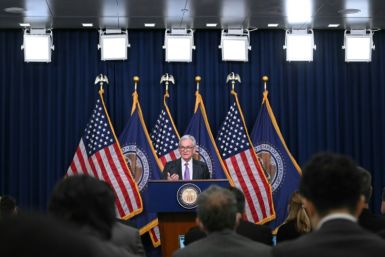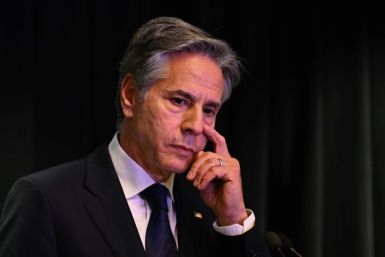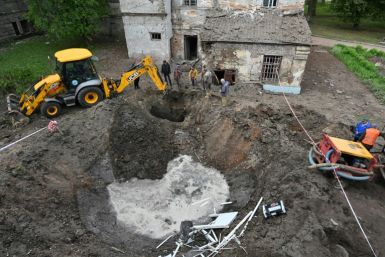US Citizen Sentenced to 15 Years of Hard Labor in North Korea, US Government Insists Amnesty and Release [PHOTOS]
The official Korean Central News Agency confirmed on Thursday, May 2, that the Supreme Court sentenced US citizen Kenneth Bae to 15 years of hard labor in North Korea for allegedly committing "hostile acts" against the Korean government. The US government currently insists amnesty and release for the captured US citizen.
The "hostile acts" charge was reportedly less severe compared to the initial charge that the prosecutors pressed. However, the crime of attempting to overthrow the Korean government could still result a death penalty.
Kenneth Bae, the 44-year-old Korean-American businessman, was detained last November in the special economic zone of Rason, North Korea after escorting a group of businessmen from Yanji, China.
"The U.S. is urging North Korea to grant Kenneth Bae amnesty and to allow for his immediate release," Patrick Ventrell, the State Department spokesperson, stated.
Kenneth Bae's verdict may further increase the conflict between Pyongyang and Washington. The US as well as South Korea has been against Kim Jong Un's administration with its nuclear program and constant tests, atomic strikes and threats.
"We've had longstanding concerns about the lack of transparency and due process in the North Korean legal system," Patrick Ventrell said to the reporters. The US State Department spokesperson even sounded confident that Kenneth Bae will be released soon because a similar situation happened before with two US citizens.
In 2009, North Korea arrested two US citizen journalists, Laura Ling and Euna Lee, for illegally entering the North Korean premises and committing "hostile acts." The journalists were sentenced 12 years of hard labor but they were released five months later when former President Bill Clinton visited Pyongyang.
"North Korea may be using Bae's verdict to press for talks and get concessions. This is the strongest sentence North Korea has ordered for a U.S. detainee. The regime issued an extremely strong verdict to get the attention of the international community," declared Yang Moo Jin, a professor at the University of North Korean Studies in Seoul.






